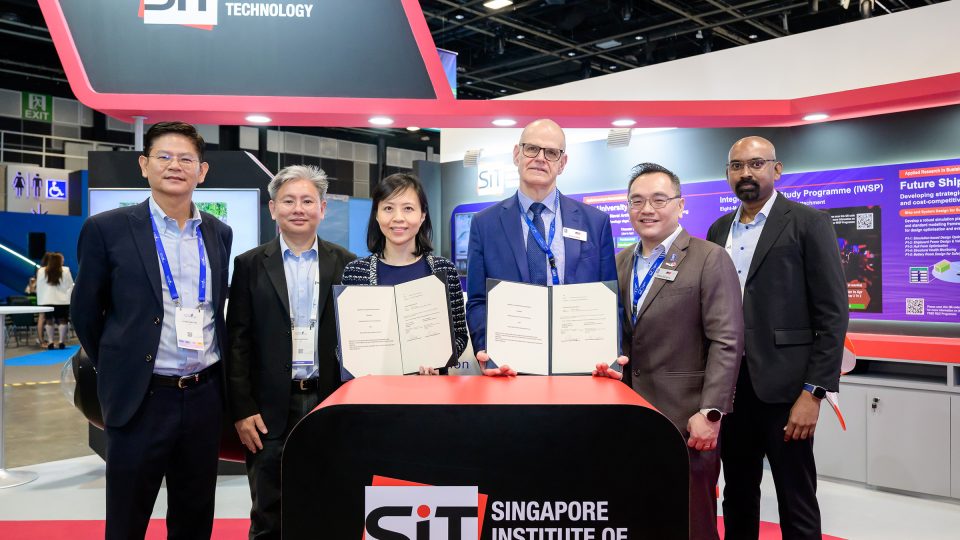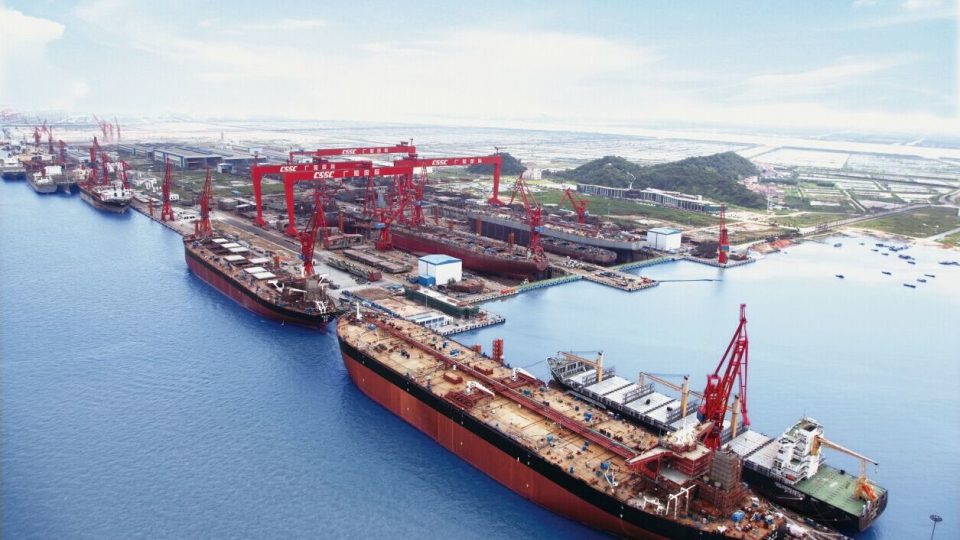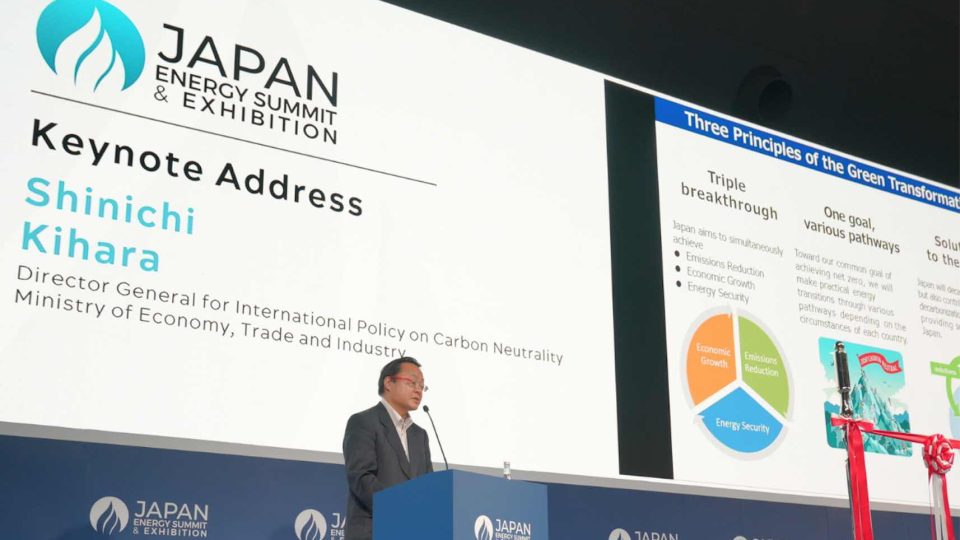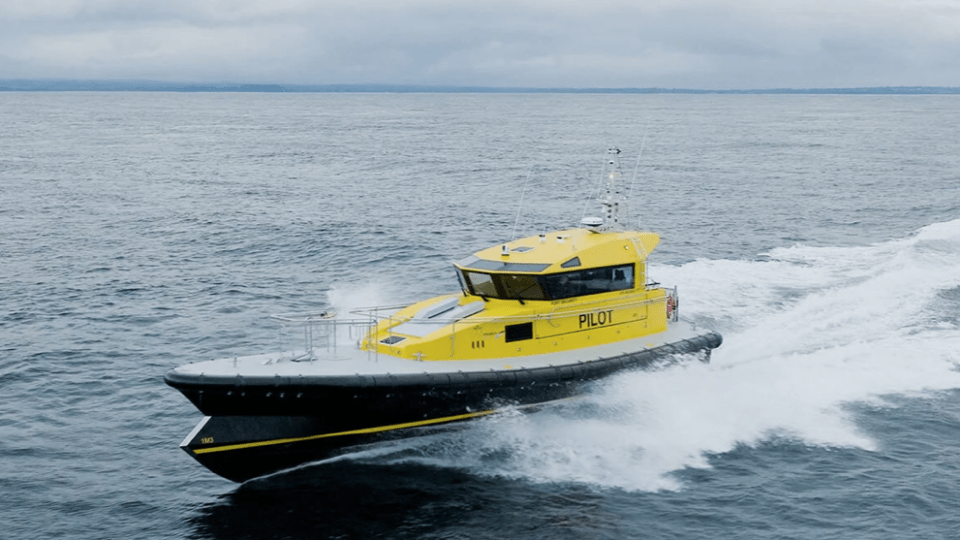Interview with Dr. Teigeler, Head of R & D Rolls-Royce Power Systems
MTU marine. Martin Teigeler says MTU marine. The Executive Vice President R&D of Rolls-Royce Power System, Martin Teigeler is sure: diesel technologies have a long future ahead. Below the full interview report. “Diesel technology is still alive” Dr Denner said. Is it really available the technology to reduce to 13 miligrams per kilometer the amount of NOx? «Yes, Diesel technology […]
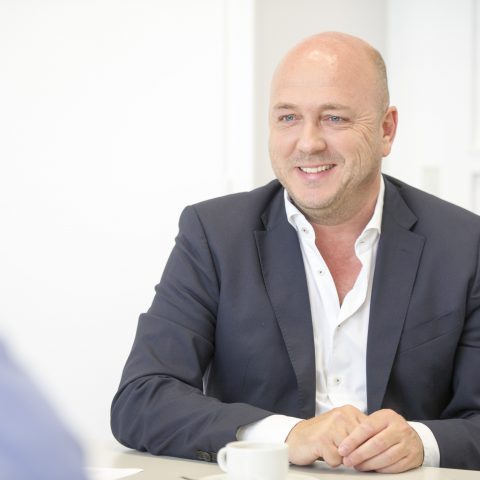
MTU marine. Martin Teigeler says
MTU marine. The Executive Vice President R&D of Rolls-Royce Power System, Martin Teigeler is sure: diesel technologies have a long future ahead. Below the full interview report.
“Diesel technology is still alive” Dr Denner said. Is it really available the technology to reduce to 13 miligrams per kilometer the amount of NOx?
«Yes, Diesel technology is alive and will certainly be around for quite some time! The power and performance that large engines deliver for ships, haul trucks or trains, for example, cannot currently be matched by other drive systems. Pure electric drive systems incorporating battery energy storage are alternatives, but their output still needs to be further increased. Internal combustion engines will remain an important component of the drive systems required to meet the growing demand for mobility and energy for some time to come».
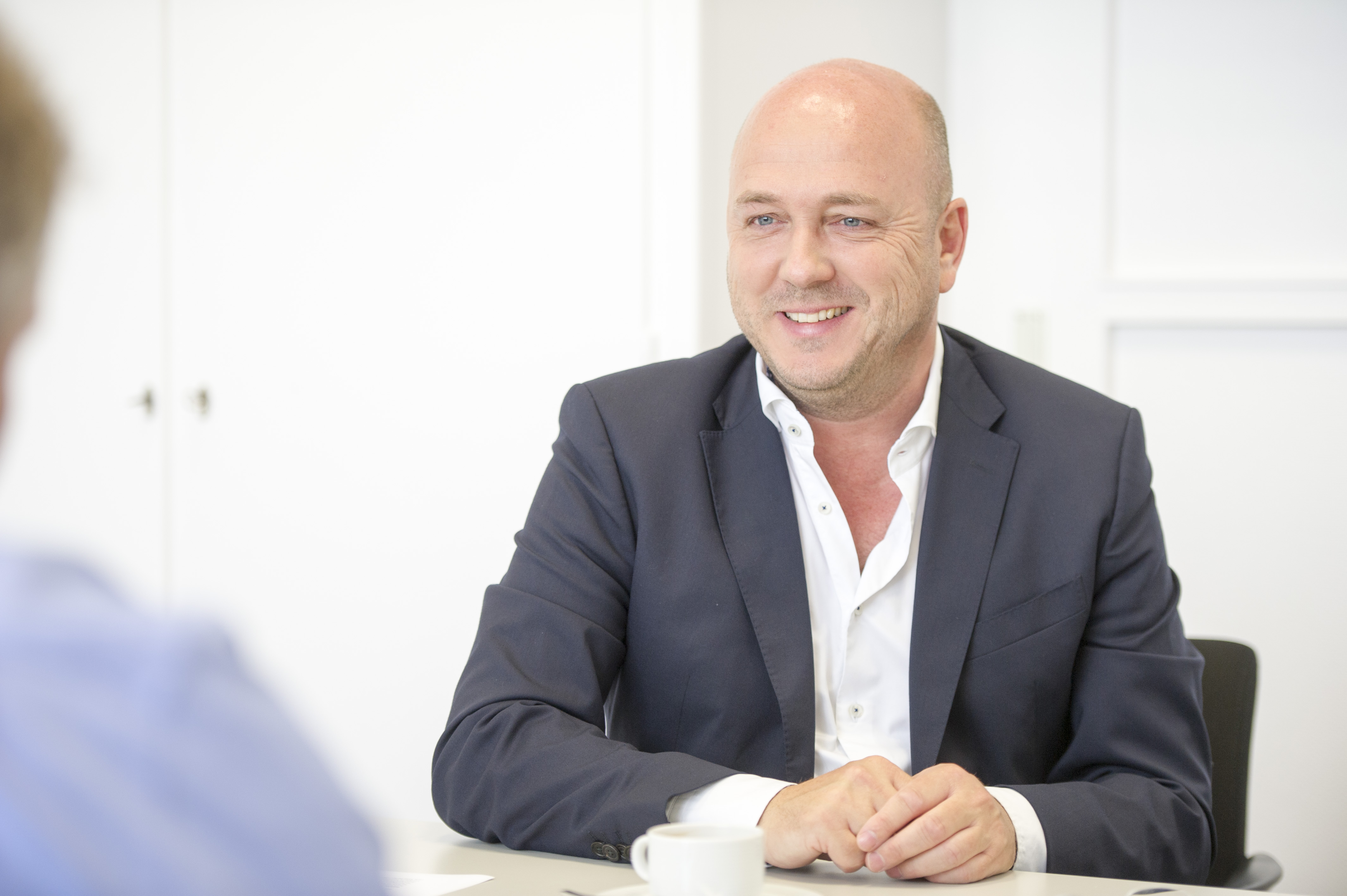
«We already made them more intelligent and even cleaner, to ensure that it will continue to meet the requirements of our customers in the future. What they are looking for is efficiency, performance, reliability, comfort and environmental compatibility in order to meet current emission regulations. Within our Green and High-tech Programme, which we launched in 2016, we are investing in ecologically sound solutions for the future that will be designed to produce fewer emissions and reduce the consumption of energy and raw materials. We are focusing our efforts on exhaust gas after-treatment, alternative fuels, electrification, digitization and total systems capability (integration of individual components to produce complete drive and energy generation systems)».
MTU marine and the reduction of NOx
«The technology Bosch demonstrated – an optimized system for passenger cars – is available. The cost aspect is another story. And to achieve those impressive low emissions, the vehicle has to be calibrated carefully to its purpose and has to be moved by a sensitized driver.
Looking at industrial and marine engines: Over the past ten years we have lowered the emissions of nitrogen oxide and soot particulates by between 50 and 90% depending on the application.
For industrial and marine engines, the technical effort with regards to equipment and calibration is even higher to achieve comparable results as Denner states.
By focusing on the entire drive system that means by preparing a complete turnkey system for our customer he can expect nitrogen oxide and particulate emissions of the diesel to be reduced to an optimum level and the fuel efficiency of the drive or propulsion system improved.
– hybrid systems to reduce emissions locally (e.g. Hybrid-PP)
-It definitely would be helpful to have harmonized worldwide legislation and limits».
Within your Green and High-tech strategy you focus on electrification. What does that mean?
«The hybridization and electrification of MTU drive and energy systems are a current focus of developments at Rolls-Royce Power Systems. The company is working on a range of technologies now being developed primarily for rail, marine and power generation applications, which are to go into series production in the near future. These include so-called micro-grid energy systems, which combine solar energy, gas gensets and battery storage systems. But hybrid drive systems for yachts will also be included in the range of products available from MTU in the future».
LATEST NEWS FROM HAMBURG (SMM)
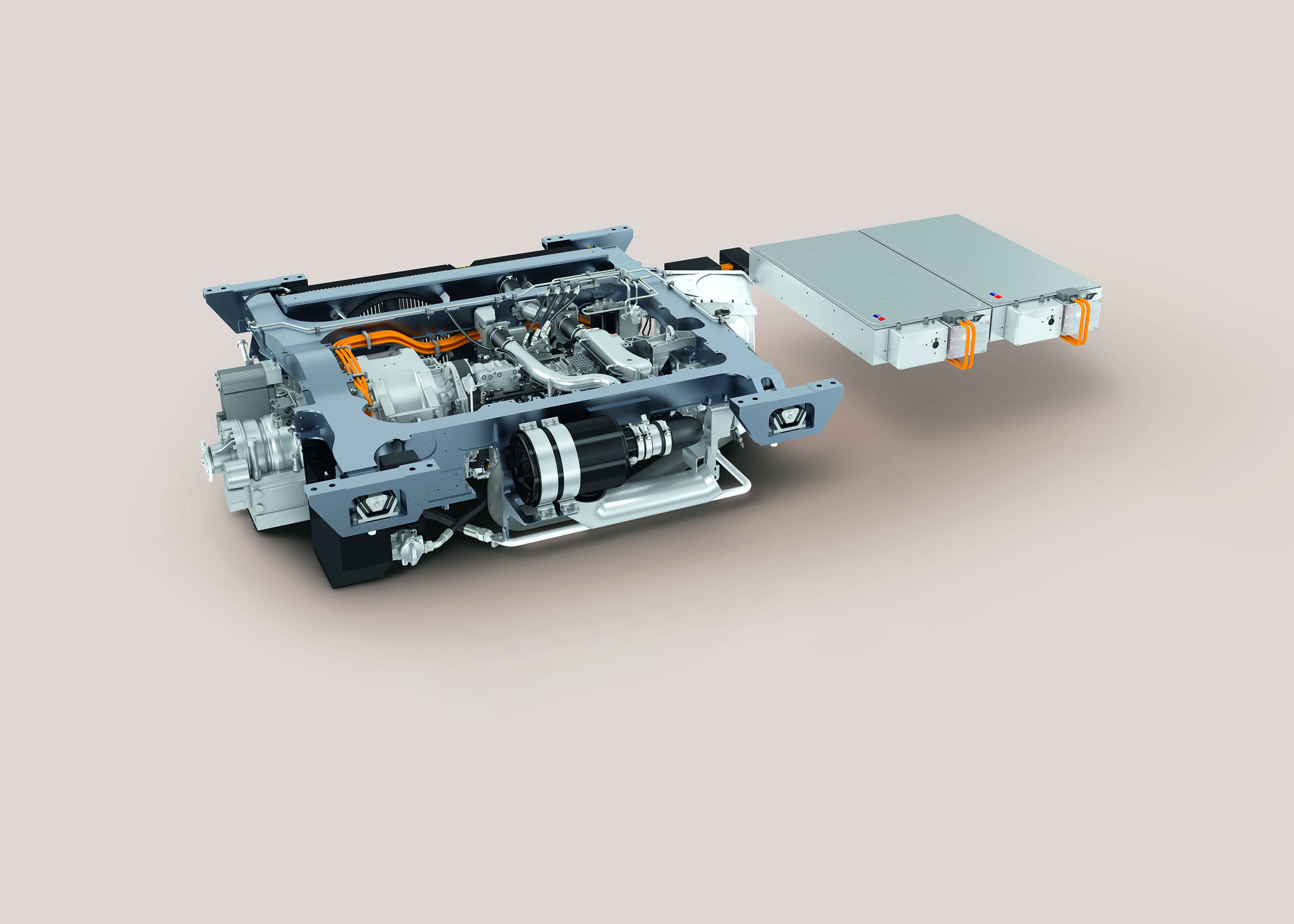
So what are the benefits regarding hybrid systems for marine applications and what are your experiences and plans?
«Hooking a ship’s diesel up to an electric motor and a battery bank has a lot of things going for it. An electric motor in a tugboat, for example, assists high-precision maneuvering, and its lower operating costs make it an attractive proposition to operators. On a yacht, a diesel-electric setup enables high-power propulsion plus the extra comfort thanks to the lack of noise and low vibration levels. On patrol boats and other applications with highly intermittent load profiles and where the propulsion system is powered up and down very regularly, hybrid drives also offer cost benefits and extra power capability.
MTU now has several vessels under its belt that it has equipped with hybrid propulsion exactly suited to the customer’s needs. The largest sailing yacht in the world – sailing yacht ‘A’ – is equipped with a diesel-electric propulsion system capable of seven different drive modes. That means that high speeds are as possible as smooth, silent, fuel-efficient cruising. In the ‘Nova Hybrid’ project being realized by Heesen shipyard in the Netherlands, customers are offered a 50-m fast displacement yacht with twin MTU 12V 2000M61 diesel engines delivering 1,200 kW and two 110 kW electric motors. The full aluminum vessel can attain up to nine knots running on the electric drives alone, making for completely silent travel.
At MTU, we are currently using our experience gained from these custom solutions to develop a standard set of modular hybrid building blocks which can be mixed and matched as required. Each hybrid system will basically comprise an MTU Series 2000 or 4000 engine, an intermediate gear with up to four electric motors or optionally a mechanical gearbox, and one or more batteries. Using our system integration experience, the building block configuration will enable us to assemble a custom-built hybrid propulsion system depending on the application and customer needs. A customer who interested in having a lot of electrical power, can incorporate several electric motors into the system. But if he wants to cruise over very long distances on the electric drives alone, he can simply add a few batteries. The matching system automation and interfaces will already be available, so putting together the modules to create a hybrid system will be a very simple business. Next year, the first yachts equipped with MTU’s new hybrid system will go out for trials. Launching of series production is planned a year later in 2020».
Is the Hybrid PowerPack experience transferable from rail vehicle to marine applications?
«Yes, it is, at least partly – we will carry our experience in operating and controls as well as a part of the subsystems over from the development for industrial to marine applications. In this field we already work with various partners, too».
What can you tell us in preview of the hybrid system based on the 16-cylinder V of the 2000M96 Series? What about Swash Explorer in cooperation with Siemens?
«The MTU hybrid system for yachts will include li-ion batteries and is aimed to be more powerful compared to the Siemens ELFA arrangement mounted on a power-take-in (PTI) of the gearbox in the SWASH Explorer».
What about LNG in pleasure applications?
«The new MTU gas engine is also suitable for yachts. The Series 4000 gas engine (currently available with outputs of up to 2,000 kW) is likely to be of interest for explorer or displacement hull yachts, for example, which can also be fitted with our diesel equivalent, the Series 4000 Iron men engine.
Ultimately, the customer has only to decide whether the benefits of a gas
engine, such as its environmental compatibility and savings in fuel costs,
justify setting up the associated gas infrastructure».
Shipowners are demanding less and less noise and less technical urea. How does MTU marine respond to these requests?
«Based e.g. on a tank towing test carried out by the shipyards and the resulting power and shaft speed, MTU configures the propulsion system for a perfect match. This also means that MTU reduces noise and vibrations to a minimum by choosing the right engine and resilient gearbox mountings, coupling systems, hoselines & compensators for all engine interfaces. MTU has extensive experience in noise and acoustics from different applications and a library with measurement acoustic values.
Based on that and combined with complex analytic capabilities, MTU is able to predict and garantee noise values, verified on a special test bed during the FAT (factory acceptance test). Significant noise reduction can be achieved with our standardized advanced mounting systems. Generally speaking, all yacht engines are elastically mounted. For higher acoustic demands, MTU offers complex systems that are customized for the respective yacht in order to fit the needs of the owner. Our complex systems make use of state-of-the-art technologies, utilize special concepts, and incorporate acoustic improvements.
Besides these available active engine mountings resulting in significant noise reduction, we will offer more electrified propulsion solutions – partly as hybrids with batteries – where the generation and the transmission of noise can be handled in a simpler way.
Turning to the question regarding SCR systems/ Urea tanks, we can say that our customers benefit from an optimally matched system for IMO Tier III and EPA Tier 4 consisting of MTU‘s propulsion system and SCR exhaust gas after-treatment system. It requires a minimum of installation space and features an excellent power-to-weight ratio. MTU is offering two different formats: the customer can choose between a cubic box and a flat box depending on his specific requirements. It is designed for flexible installation. The customer can switch between modes (IMO II and IMO III) during operation, in order to comply with the emission requirements of the region in which the yacht is sailing. MTU’s SCR system is fully controlled, with real-time NOx measurement both upstream and downstream of the SCR system. This ensures that the precise amount of reducing agent is introduced regardless of the conditions».




